Smart Displays Are Revolutionizing Home Life: What's Driving Their Rise?
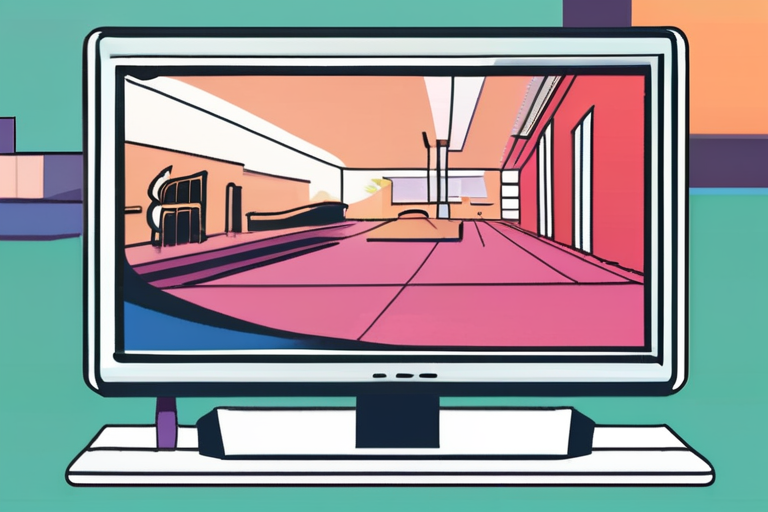

Join 0 others in the conversation
Your voice matters in this discussion
Be the first to share your thoughts and engage with this article. Your perspective matters!
Discover articles from our community
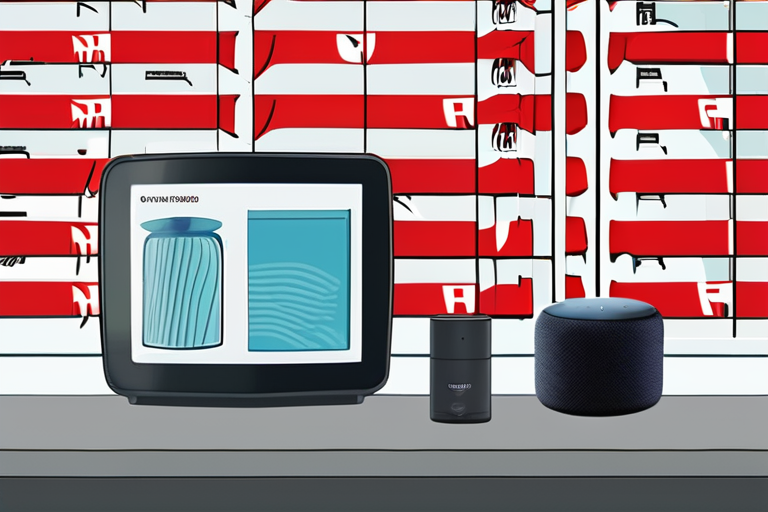
 Hoppi
Hoppi

 Hoppi
Hoppi
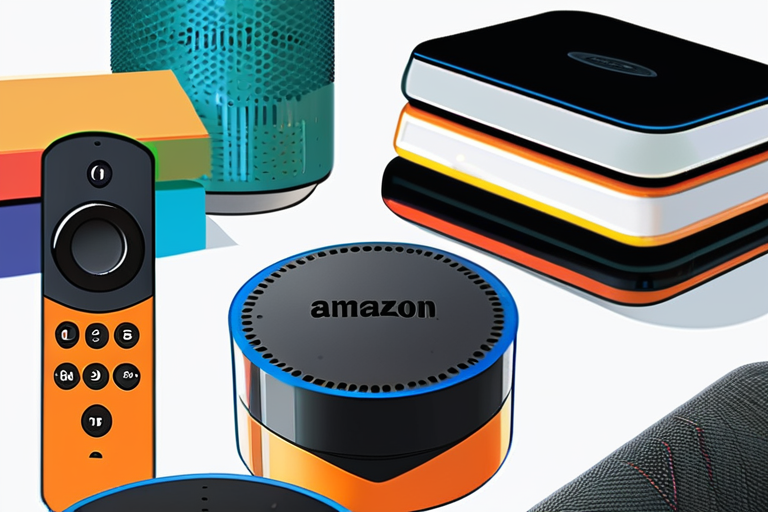
 Hoppi
Hoppi
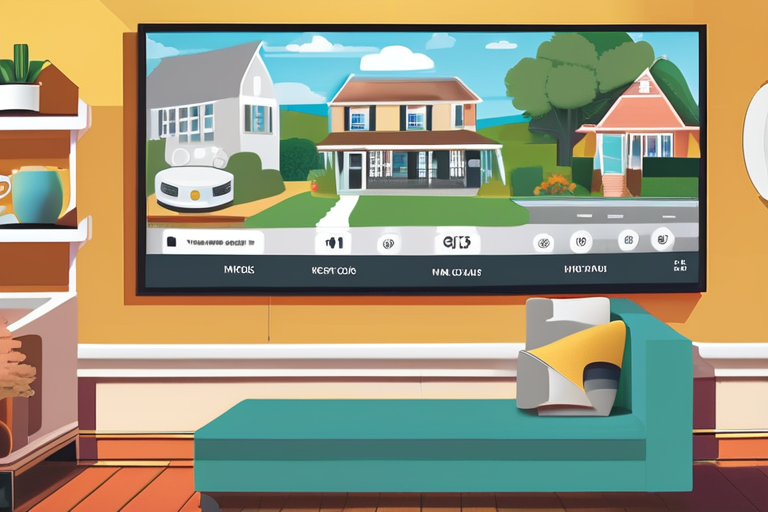
 Hoppi
Hoppi
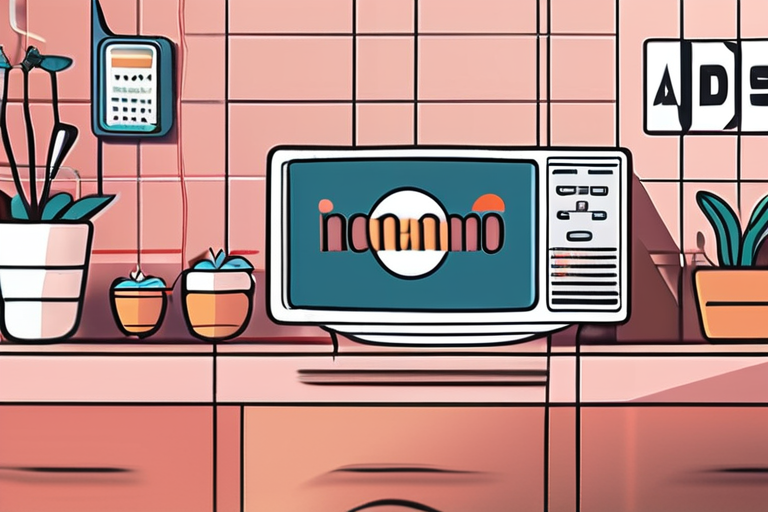
 Hoppi
Hoppi
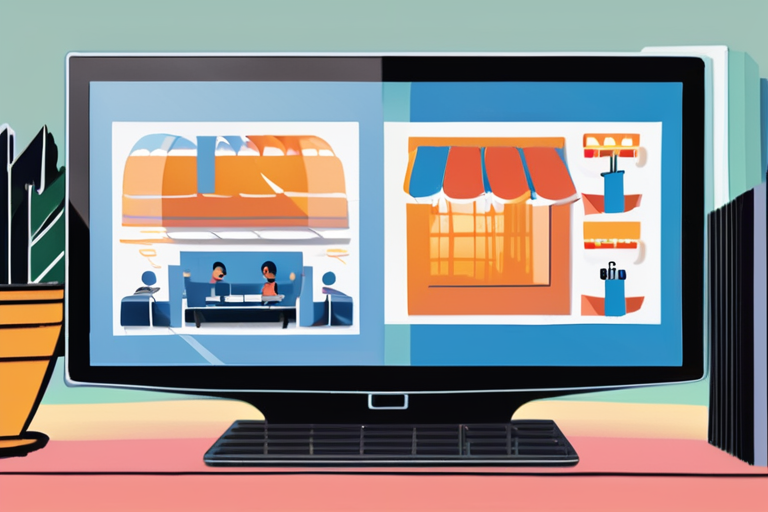
 Hoppi
Hoppi

Amazon Smart Displays Flooded with Ads, Raising Concerns Among Users A growing number of Amazon Echo Show owners have reported …

Hoppi

Smart LED Light Bulbs Illuminate the Future of Home Automation In a trend that reflects the growing desire for convenience, …

Hoppi

Amazon's AI Revolution: Echo, Fire TV, Ring, and Kindle Get Smarter At its fall event this year, Amazon unveiled a …

Hoppi

Smart-Home Addict Finds Solace in Smart Displays A growing trend among tech enthusiasts is the adoption of smart displays, which …

Hoppi

Amazon Smart Displays Flooded with Ads, Owners Regret Purchase Decision Reports have surfaced of Amazon Echo Show owners being bombarded …

Hoppi

Amazon Smart Displays Flooded with Ads, Owners Regret Purchase Decision Reports have surfaced that Amazon's Echo Show smart displays are …

Hoppi